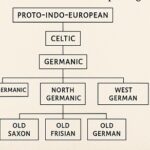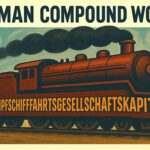November 20, 1602
Birth of Otto von Guericke in Magdeburg, Germany. Von Guericke invented an air pump in 1650. That is not very remarkable, but what he did with it is. He pumped out vacuums. He was the first to learn that light travels through a vacuum, but sound does not. He was also the first to demonstrate that a vacuum can, in fact, exist (logicians of the time were of the opposite opinion). Through his demonstrations of vacuums he also demonstrated the effects of air pressure. In 1663 he built the world’s first electric generator.
November 20, 1737
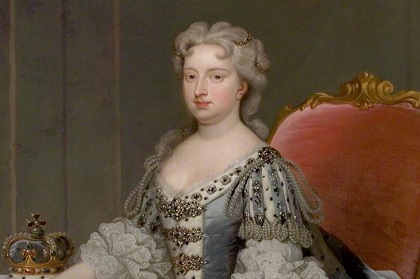 Death of Caroline von Brandenburg-Ansbach in London, England (born in Ansbach, Germany). Caroline was the wife of the second of the German Kings of England, George II. She was a very strong influence on her husband’s execution of his kingly duties, perhaps most visibly in her strong support of the prime minister, Robert Walpole.
Death of Caroline von Brandenburg-Ansbach in London, England (born in Ansbach, Germany). Caroline was the wife of the second of the German Kings of England, George II. She was a very strong influence on her husband’s execution of his kingly duties, perhaps most visibly in her strong support of the prime minister, Robert Walpole.
November 20, 1787
Birth of Nikolaus von Dreyse in Sömmerda, Germany. He founded a gun factory in Sömmerda and designed and manufactured ever more sophisticated guns over years. The company is today a part of Rheinmetall GmbH (Düsseldorf) and still manufactures weapons.
November 20, 1794
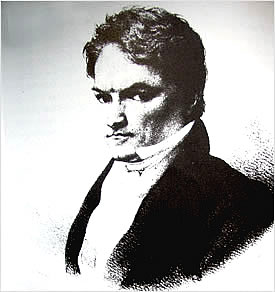
Birth of Eduard Rüppell in Frankfurt am Main, Germany. Rüppell was an explorer of Africa who brought back extensive zoological collections.
November 20, 1805
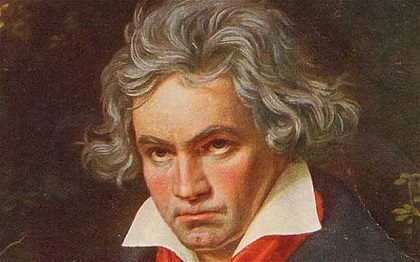 First performance of Ludwig van Beethoven‘s opera, Fidelio. The premiere was given in Vienna. Fidelio, Op. 72, is Ludwig van Beethoven’s only opera. The German libretto is by Joseph Sonnleithner based on a French story. The opera tells how Leonore, disguised as a prison guard called Fidelio, rescues her husband Florestan from death in a political prison.
First performance of Ludwig van Beethoven‘s opera, Fidelio. The premiere was given in Vienna. Fidelio, Op. 72, is Ludwig van Beethoven’s only opera. The German libretto is by Joseph Sonnleithner based on a French story. The opera tells how Leonore, disguised as a prison guard called Fidelio, rescues her husband Florestan from death in a political prison.
November 20, 1850
Birth of Joseph Samuel Bloch in Dukla, Austrian Empire (now in Poland). Bloch was a rabbi who was strongly active against anti-Semitism. At that time there was a belief among Christians that Jews used the blood of murdered Christians in their Passover rituals. He publicly struggled against that belief and other misconceptions concerning the Jews.
November 20, 1885
Birth of Albert Kesselring in Marktstedt, Germany. Kesselring was a field marshal during WWII and a leading war strategist. He was tried by a British military court in 1947 for war crimes. He was sentenced to death. Later his sentence was changed to life in prison. In 1952 he was pardoned and freed.
November 20, 1886
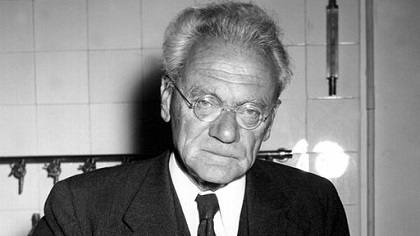 Birth of Karl von Frisch in Vienna, Austria. Von Frisch won the Nobel Prize for Physiology or Medicine in 1973 for his work on the communication among bees. He was a professor at the Universities of Graz and Munich. In addition to his work with bee communication von Frisch made significant contributions to animal sensory capacities in several areas.
Birth of Karl von Frisch in Vienna, Austria. Von Frisch won the Nobel Prize for Physiology or Medicine in 1973 for his work on the communication among bees. He was a professor at the Universities of Graz and Munich. In addition to his work with bee communication von Frisch made significant contributions to animal sensory capacities in several areas.
November 20, 1945
The WWII war crimes trials are moved from Berlin to Nürnberg.





